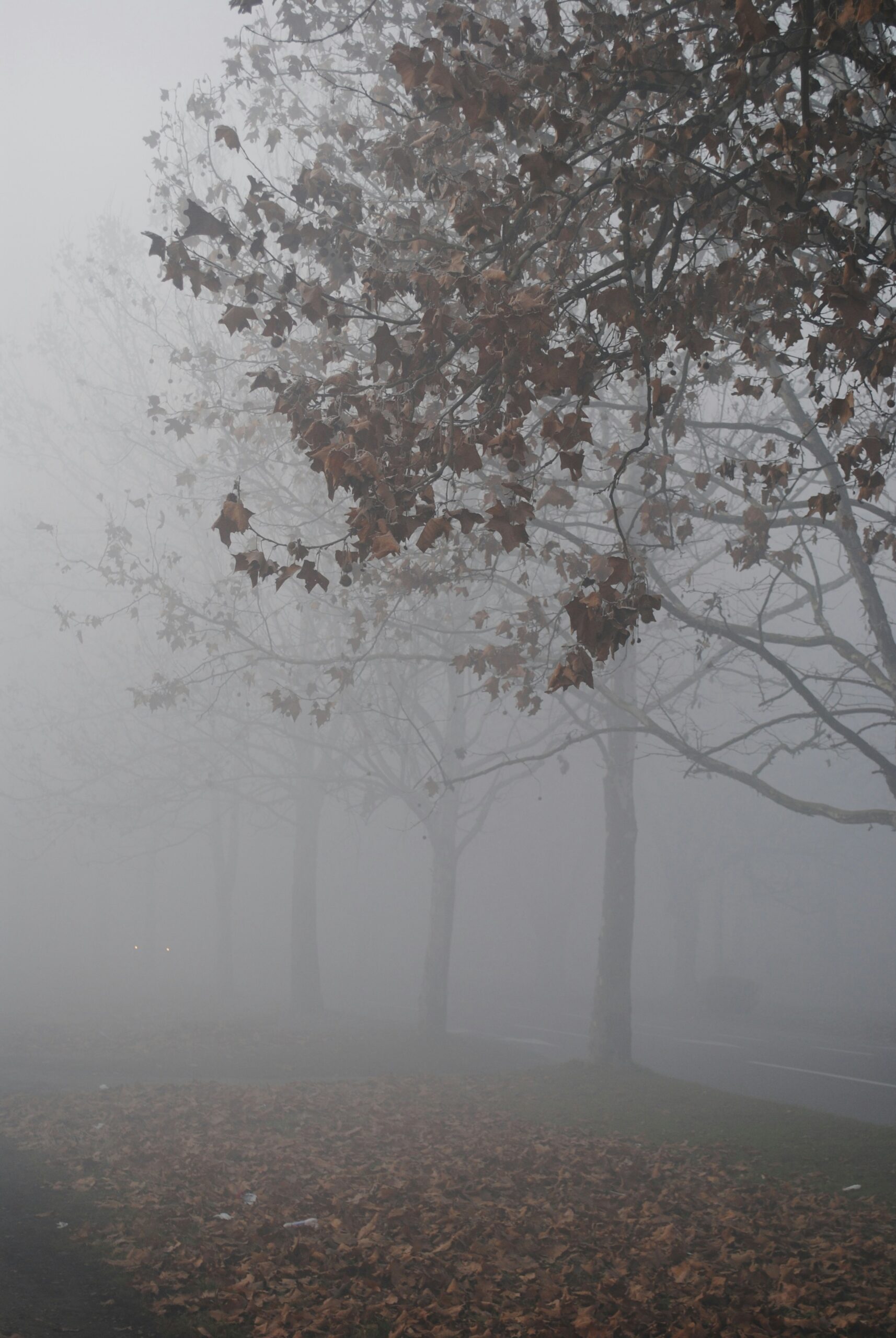Konya Shamsrumi: What is the process of writing a poem like for you? Is it a lot of hard work or
easy?
Benny Wanjohi: Poetry is an art and art takes work. Work can be easy; work can be hard. Therefore, weaving the art-work that poetry comes in both ways for me as the level of difficulty and involvement depends on various factors, such as a subject of interest I am engaging at the time, poetic muse or evocative contexts.
Easy times: the poetic enzymes just flow and the pen does its work. Well, I should say fingers, because I have typed 99% of my poems. I highly respect legends who still handwrite. Sometimes, I will be walking along the streets of Nairobi or waiting in a barber’s shop and a poetic idea will drop. Immediately, I look for a place to stand and write it. It can be one or two poems at the same time.
Hard times: In these times, I write many half-poems and I don’t remember a poem I wrote halfway and went back to finish it. I am sure such poems are still on the shelves waiting when my hands will turn Good Samaritan and reach back to them. It can be that hard. Currently, I have not written a thing in a month or so. I want to, but nothing is coming up.
Konya Shamsrumi: Please describe your sense of identity in this or any possible world in imagery or metaphor?
Benny Wanjohi: I have always been a leopard. There is no cat known for elusiveness like that one. Most people will describe it as dangerous though it is friendly to humans. A leopard is a lazy even if skillful hunter, as bold as a man even when it is shy and will mostly be hidden on top of acacia trees. This is me and I have embraced it. Different people’s description of me depends on their first impression of our encounter. And they meet variations, since I operate in extremes—friends view me as jokeful, strangers say I am serious and tense. Others view me as extremely professional, others extremely casual. So they say and so I become, and it works. The mutuality neutralizes the conflict of constant explanations of self.
Konya Shamsrumi: If any of your poems could literarily save a person’s life, which poem would it be and can you describe the person whose life you think it would have saved?
Benny Wanjohi: Saving life is a preserve of God and I would be delighted if somehow he used one of my poems to do so. Imagine just weaving words and salvaging the breath of a whole human being. That’s big! But there are many parts of life that die. One of the critical areas is our sanity—the ability to face the future when depressive thoughts overwhelm us. There is this poem of mine that kept me sane through one of my darkest periods and I believe it can speak to many more overwhelmed persons. It flowed from the innermost parts of me. Two months ago, a friend who was in one of those tough seasons of life read it. She said it inspired hope within her to face life afresh. That was sanity saved!
HAVE BEEN BUT WILL by Benny Wanjohi Been looking for a good job Been without a single bob Been very tempted to sob Been so faithful not to rob Have gone to every office Have heard lots of advice Have done masonry service Have been poor like mice Been walking many miles Been carrying all my files Been having hope in piles Been left lying on the tiles Have seen fellows fly in planes Have seen mates drive in lanes Have seen pals rise like cranes Have seen me wait in the canes Been hopeful in God my peace Been glad in his lit assurance Been tested in every patience Been bought on a blood price Will soar in God's perfect time Will work in my desired prime Will glorify his precious name Will testify of his greatest fame

Konya Shamsrumi: What does Africa mean to you, as potential or reality?
Benny Wanjohi: It is obvious that Africa has miles to cover to be on the global platform in terms of development. This is especially so in areas of economic development, social capital appreciation, industrial mechanization and technological advancement. There are also a few wrongs to right in circles of governance, resources management, overdependence on foreign aid and community empowerment.
These notwithstanding, we are on the right track. Africa has severally produced great minds who held their own victories on global platforms such as the likes of the late Wangari Mathai and Chinua Achebe. This is an exhibit of the potential of the continent. Gradually, with the correct intellectual investments, proper channeling of resources and leadership that has a heart for the people, we will be where the dreams of the fathers of the continent have always envisioned us to be.
Konya Shamsrumi: Could you share with us one poem you’ve been most impressed or fascinated by? Tell us why and share your favorite lines from it.
Benny Wanjohi: I have encountered many poems that evoked my emotions at the core. There is this recent one written by a friend of mine from Tanzania. She experienced loss of a loved one during this Covid-19 season and braved the experience to write about death. Most poems on death don’t really reconcile with it but her poem made peace with death. Death is seen to finally turn a ghost, devoid of its power of harm.

Benny Wanjohi is a Kenyan poet who has written over 300 poems that have been featured on various literary platforms. He has authored a Christian poetry eBook, titled Wings of Hope, and in June 2020 he launched his two poetry chapbooks, Phases of Life and After Sunset & Other Poems. He is the founder of Friendswhowrite, a group that brings together talented writers in Kenya.
Benny is also the Coordinator of Writers Space Africa-Kenya (WSA-K), the Kenyan chapter of Writers Space Africa. He is a poetry editor for the Writers Space Africa magazine and runs a poetry mentorship program for upcoming poets across Africa. He served as the chief judge for the Pantoum poetry contest organized by Writing This Gospel and was appointed the poetry judge for African Writers Awards this year. You can find him on Facebook, Instagram and Twitter as ‘Benny Wanjohi’.
- Poets Talk: 5 Questions with Kayeon Onyeka - February 25, 2025
- Poets Talk: 5 Questions with Jakky Bankong-Obi - December 3, 2024
- Poets Talk: 5 Questions with Odu Ode - November 26, 2024













Leave a Reply